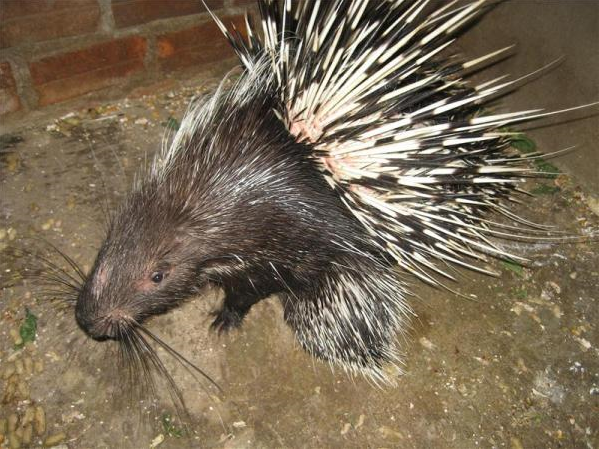Wild Southeast Asian porcupines under threat from illegal hunting
ScienceDaily (Aug. 25, 2010) — Research from the University of East Anglia, published in Biological Conservation, has shown that the consumption of the Southeast Asian porcupine (Hystrix brachyura) as a specialty food is having a devastating effect on wild populations. Overhunting has been cited as the porcupine’s greatest threat, and the 1990s saw a reported population decline of at least 20 per cent. While commercial farming of porcupines has become more popular, and is actively encouraged by Southeast Asian governments, illegal hunting still goes on. Led by Emma Brooks, a team of researchers carried out an evidence-based case study to quantify the impact of commercial farming on the local wild population in Son La province in northwest Vietnam. They found that commercial porcupine farming is driving hunting, and is thought to be, at least in part, responsible for the decline of wild porcupines in the region. Under current management, farming could potentially destroy local, even relatively common and fast-breeding species like porcupines. …
Wild Southeast Asian porcupines under threat due to illegal hunting, researchers find
